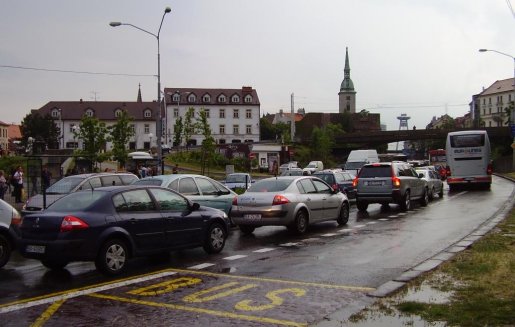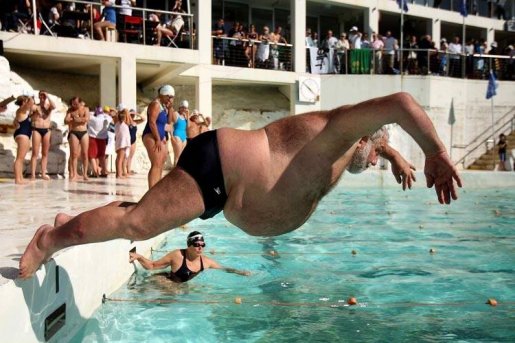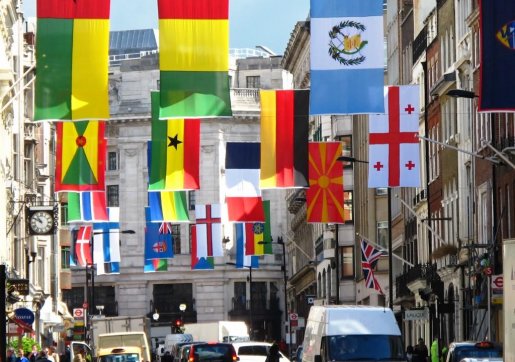Erik Redli is a university graduate from Slovakia who is currently living in London. In the first of a two-part article, he describes five things he initially found unusual and different about London:
London is a city where man can have everything if he is able to take the time and spend the money. It may be paradise for the tourists, but after a few years, some of the permanent residents can start to have second thoughts about the expense and constant waiting, and decide to relocate to the outskirts, or to the countryside.
I have spent 6 months of my life there and could give you a long and boring lecture on the history, customs and politics of this conglomerate of cultures. Instead, I pinned together ten observations- things that I happened to find interesting since I first entered the ‘big world' four years ago. Some of them are peculiar only to London, but most of them can refer to much of the ‘Western World'. In this first part I look at everything from sport to work.













